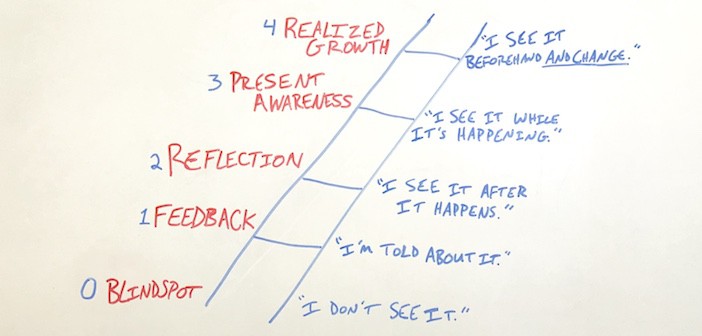Too often, delegation is mislabeled as “empowerment”. It is an easy mistake likely made more often than we each realize. Delegation and empowerment can seem very similar, especially for the naturally task-oriented leader. But considering both their components and outcomes, it is clear that the two are drastically different.
Delegation = Responsibility
Empowerment = Responsibility + Authority
Most of us are quick to delegate responsibility. It is the fastest way to shorten a to-do list and reduce stress. But releasing authority is much more of a stretch. Authority allows other individuals to use their personal judgements to make decisions that impact organizational performance. It reduces a leader’s level of control, increasing both risk and stress. While our natural tendency is to maintain control and minimize stress, there are several reasons why empowerment is necessary to the growth of any organization.
1. Empowerment develops leaders
I have yet to meet a leader who attributed her primary development to books or the classroom. A combination of both failures and successes provides us with insights that further our abilities. If you are not empowering followers, you are not making yourself replaceable.
>>Are you giving followers the opportunity to fail?
2. Empowerment leads to innovation
Organizations get stuck when they maintain methods to the point of outdated traditions. Additionally, your insights into a project or program may be limited by a single perspective. Giving people the chance to explore new ways of doing things ensures that your organization is consistently creative.
>>Are you encouraging followers to break from your own ideas and innovate?
3. Empowerment increases productivity
Getting constant approval for routine decisions takes unnecessary time from everyone’s day. From a follower’s perspective, the wait time required for you to reply to an email or schedule a meeting hinders progress. From your perspective, unnecessary involvement in decision-making reduces the amount of time you have to spend on vision and strategy, stunting the long-term growth of your organization.
>>Are you allowing followers to trust their own judgments?
Releasing authority for empowerment may reduce your level of control. But is that more important than development, innovation, and productivity? Take a few minutes to ask yourself the previous questions for each person you lead.



